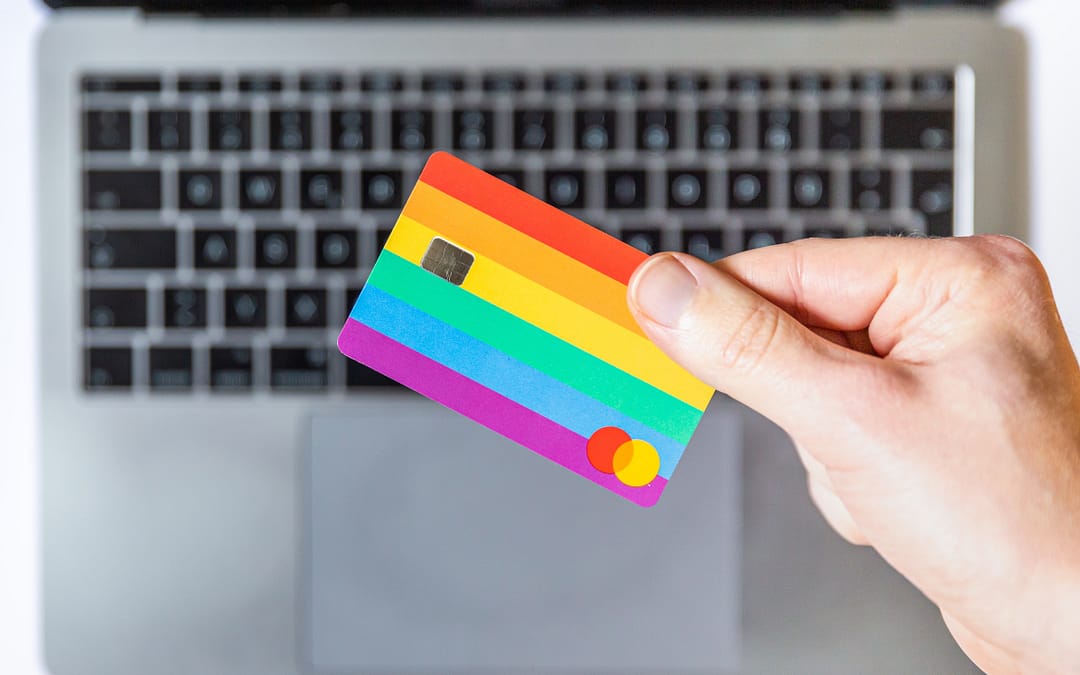Introduction
Money worries can have a huge impact on our mental health. Worrying about our finances can trigger anxiety, sleep problems as well as affect our social wellbeing. You may not be able to afford the things you need to stay well, for example, food, water, heating or medication. The cost of living crisis, caused by the high rate of inflation, has meant that we are all paying more for energy, food, rent and fuel. As a result, many people are concerned about the impact of this on their day-to-day lives.
What is the impact on our mental health?
Thinking about money can trigger many different emotions. Firstly, you may still guilty for spending money or afraid of looking at your bank statement. Secondly, you may feel stressed and pressure to support yourself as well as tired and worn down, especially if you have been struggling with money for a long time. It is important to recognise and spot patterns in these emotions in order to feel more in control. It also may be helpful to think about or keep a diary on how you feel when you spend money and how you feel when you save money. This may help you to understand your habits and patterns around money a bit more.
Overspending
When you are unwell or low, you may overspend more than you can afford to make you feel better; some people describe this as a temporary high. This is linked to an addiction or dependency on spending money. If you feel that you are overspending, it may be helpful to delete apps where you usually overspend and ensure that you do not save your card details onto websites. Additionally, give your cards to someone you trust or put them somewhere difficult to access. Some banks are able to add a note to your file to look out for unusual spending so therefore, it may also be worth telling your bank. Ultimately, it is important to distract yourself with something else that makes you feel good.
Tips for Organising Finances
- Put all your important documents, such as payslips, bank statements and receipts, in one place so you can find them easily.
- Check your bank balance at a regular, set time so you know what you’re spending your money on and how much you have left.
- Use cash instead of card and take out only the amount of money you can afford to spend, for example for a weekly shop.
- Create a budget. The Money Helper website has budgeting advice.
- Make a list of all the essential things you need to spend money on every month.
- Manage your debts if you can afford to.
Where can I get support?
If you can’t afford the things you need, there is help out there. Everyone has the right to essentials like food and housing. If you need support, the following things can help:
- Claim benefits to help with your living costs.
- Use a local foodbank or Community Fridge.
- Speak to your energy supplier. Most energy suppliers have schemes for people who are struggling to pay their bills.
- The disability charity Scope runs an energy advice service where they can give you advice on managing energy bills and switching suppliers.
- Some councils have a local assistance scheme. You can apply to this scheme if you’re on a low income and need help with an emergency cost you can’t afford.
- Money Helper has a tool on its website which helps you to prioritise your bills and payments.
- Showcase Training have a financial calculator which can help you organise your monthly outgoings based on your salary – please send us an email to request this.
Useful links:
- The Mental Health and Money Advice Budget Planner – https://www.mentalhealthandmoneyadvice.org/en/tools/budget-planner/
- Citizens Advice is useful tool to get information about benefits, how to deal with debt and what you’re entitled to – https://www.citizensadvice.org.uk/
- Mind has information and advice on mental health and money worries as well as information on how to manage debt – https://www.mind.org.uk/

